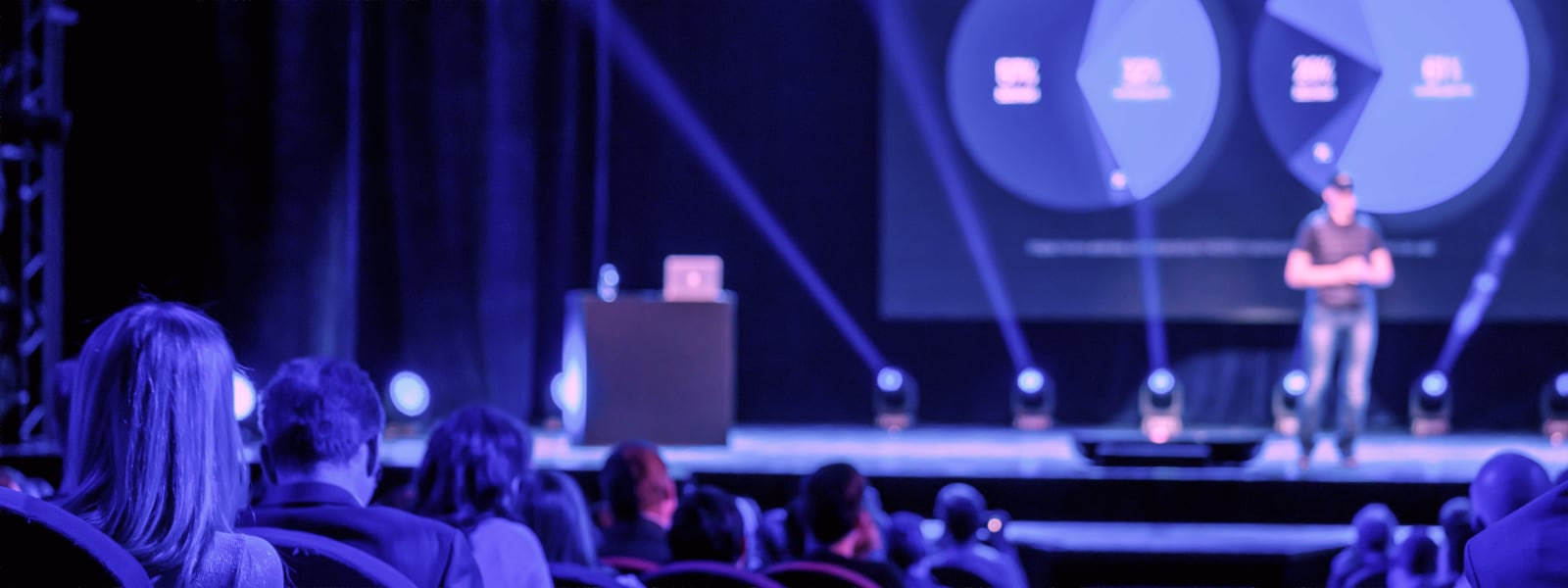Prof. Dr. Sonja Brentjes
Bergische Universität Wuppertal
The Arts and the Sciences in Islamicate Societies, 10th-19th centuries (30 October)
& Workshop (31 October)
For additional details and to register for the event, please go here.
When:
30 October, 2024: 16:15 – 17:45
Where:
VUB Main Campus Etterbeek
Pleinlaan 2
1050 Elsene
Raadzaal C2.07a
*Free of charge*
The Vrije Universiteit Brussel and Professor Cornelis J. Schilt invite you to a lecture (30 October) and workshop (31 October) by Prof. Sonja Brentjes (Bergische Universität Wuppertal), entitled “The Arts and the Sciences in Islamicate Societies (10th-19th centuries)”. This lecture is part of the ERC lecture series ‘Knowledge in International Perspective’ (KIIP).
Contact: nicolo.cantoni@vub.be and demetrios.paraschos@vub.be
Prof. Sonja Brentjes: “In my talk, I will present images that document the close relationship of the arts and the sciences in numerous Islamicate societies. The oldest extant scientific work with paintings is an Arabic translation of Dioskorides’ Materia medica from the late 10th century. My latest example is a Qajar copy of ’Abd al-Rahman al-Sufi’s (903-986) Book on the Constellations from the 19th century. I will show examples from the various scientific disciplines that worked either occasionally or regularly with artistic illustrations or whose teachings spread from books to many other art forms and thus permeated many societal groups and shaped the knowledge about the world of their members.
In the following sequence of brief thematic surveys, I will present the view of art historians about how this symbiosis between the arts and the sciences came into being and how it expressed political aspirations, beliefs, and even events. From the social aspects of artistic renderings of scientific themes I chose depictions of teachers, astrologers, and physicians. The final survey shows examples from the rich cross cultural interactions that shaped both the sciences and the arts across the centuries and regions of large parts of the Islamicate world.”
About the workshop (31 October)
- From 10:00 to 12:00 in the Vergaderzaal LW C5.03
On the cross-cultural nature of three sea charts of the Mediterranean and the Black Sea and two world maps in the 14th century made in Italy and Majorca
Sonja Brentjes: “In this workshop, we will study three sea charts and two world maps of the 14th century produced in Genoa, Venice, and Majorca by Christian and Jewish craftsmen. We will ask which pictorial and which verbal Elements point to knowledge of maps from other regions than the central and western Mediterranean or even to contacts with people from other countries and cultures.
As an introduction, I will give a brief survey on mapmaking in Islamicate societies south of the Mediterranean and in Byzantium and explain briefly the history of research on this type of maps during the 20th and 21st centuries.
Then we will determine elements in the five maps that might be of relevance to the main question of the seminar and compare them across the five speciments.”
About Prof. Sonja Brentjes
Prof. Dr. Sonja Brentjes is a historian of science at the Interdisziplinäre Zentrum für Wissenschafts- und Technikforschung (IZWT) at Bergische Universität Wuppertal and serves as the president of the International Academy for the History of Science. She specializes in the history of institutions, mapmaking, mathematics, and scientific manuscripts within Islamicate societies from 800 to 1700, with a particular focus on cross-cultural exchanges and historiography. Her current projects include a new interpretation of The Book on the Balance of Wisdom by ‘Abd al-Rahman al-Khazini and the creation of an image database on celestial visualization across Eurasia and North Africa. Dr. Brentjes has published extensively, including Teaching and Learning the Sciences in Islamicate Societies (800–1700), The Routledge Handbook on the Sciences in Islamicate Societies, and Imagining the Heavens Across Eurasia, published in June 2024..
About Prof. Dr. Cornelis J. Schilt
Cornelis J. Schilt is research professor in History and Philosophy of Knowledge at Vrije Universiteit Brussel, specialising in Renaissance, early modern knowledge formation in general and the life and writings of Isaac Newton in particular. In 2022, he received a prestigious ERC start-up grant. With it, he started the project VERITRACE in which he investigates the influence of ancient wisdom writings on the development of early modern natural philosophy.
